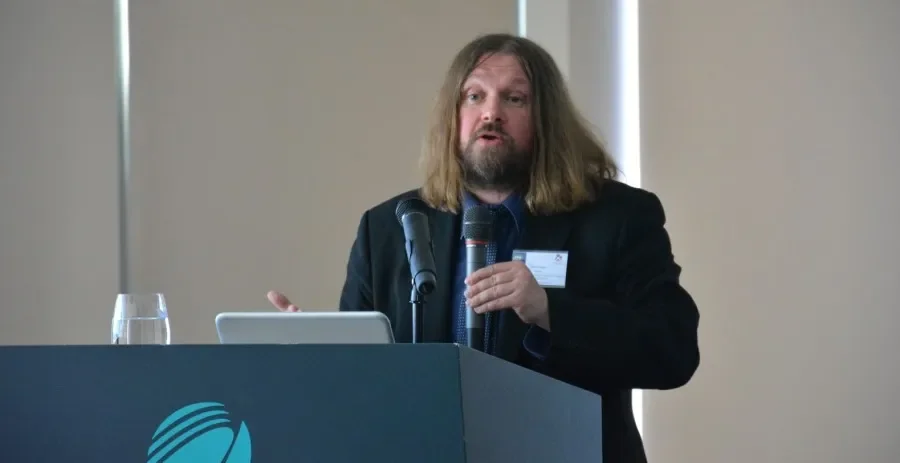

Spotlight on research: Increasing social inclusion in our schools
This week's Spotlight on Research is with Dr Paul Downes, Senior Lecturer in Education and Director of the Educational Disadvantage Centre at DCU
You are interested in tackling poverty and bullying and increasing social inclusion in schools. They are big issues, how do you approach them?
“A lot of the time, these issues are seen in isolation – how do we prevent bullying, how do we strengthen the resilience of the individual child. I take more of a system approach, one that promotes more inclusion and multidisciplinary supports that bridge education and health.
It’s about building school environments where children and teachers want to be, as well as outreach for supporting families and communities.”
What in particular helps to improve inclusivity and tackle issues in educational systems?
“One of the things we are looking at is how to strengthen social and emotional education.
That means kids are more emotionally self-aware and it can help reduce risk behaviours.
And overall we are trying to get away from seeing problems as distinct – so one child might be a victim of bullying, another might be at risk of leaving school early, but they may all benefit from elements of system supports such as an emotional counselling service, or speech and language and communication experts or breakfast clubs at school to tackle the physical problem of children being hungry, which can affect not only their academic performance but also their emotional state and wellbeing.”
How does your work have an impact?
“I work with others in this field internationally, and together we have prepared reports for the European Commission that translate the findings from research, including our own research, and take into account policies and laws.
Based on those we develop easy-to-use toolkits to assess and reform educational systems.
This makes it simpler for educators and policy makers to apply the research and identify where educational systems could be strengthened.
Our recent toolkit on inclusive systems is being translated by the Commission into all languages across the EU.
Our research on multidisciplinary teams has influenced the Global Working Group on School Health and Other Services.
The recent strategies in the Department of Education and Skills on DEIS and on School Aged Childcare with the Children’s Ministry are other examples of the impact of our Centre’s research and advisory work ”
What gaps in Ireland would you like to see addressed?
“There is a major gap in Ireland around emotional support services in schools – both in primary and post-primary. I worked in Estonia for four years, and there were counsellors in each school.
I think that is one of the relatively simple but major supports that could really help a lot of kids to do better in education here in Ireland. I’m also looking at ways to tackle hunger in schools and the psychology of how using space and the arts can improve inclusivity in education.”
So how does your working day usually pan out?
“That depends on the day! I spend a lot of time lecturing to the Bachelor of Education and the Human Development students in DCU on the social and emotional development of children, and we look at issues such as bullying and poverty and social inclusion.
Many of these students are the future teachers in Ireland so it is important that they are aware of the research and issues. My 3rd-year students spend time in DEIS schools and work with the children in small groups, looking at things from their perspectives.
On the research side, a lot of my time is spent researching and preparing books, reports and articles that influence high-level policymakers in Ireland and internationally, and giving talks to the academic community and policymakers.
This is how I see my work having an impact.”
How did you become interested in the psychology of education?
“My parents were always interested in community development and I studied law originally - I was interested in how law could change society.
Then I realised cultural and psychological processes were arguably more powerful and that early intervention in education could change society, so I moved into psychology.
I also moved into psychology to develop my own theory of the unconscious and inclusive relational space.”
What are the rewards of your job?
“I love generating new ideas that can help inclusion and change systems, and creating other ways of looking at things.
I enjoy the policy angle too, bringing local community, national and international groups together to raise these issues.”
And the challenges?
“I think it is that some systems are very slow to change. Reform can be at times glacial but with patience you can see things move.”
How can DCU continue to support your transformative work?
“DCU has a strong history of commitment to poverty and social inclusion, and I think the new strategic plan for DCU will be key for giving this further priority.”
